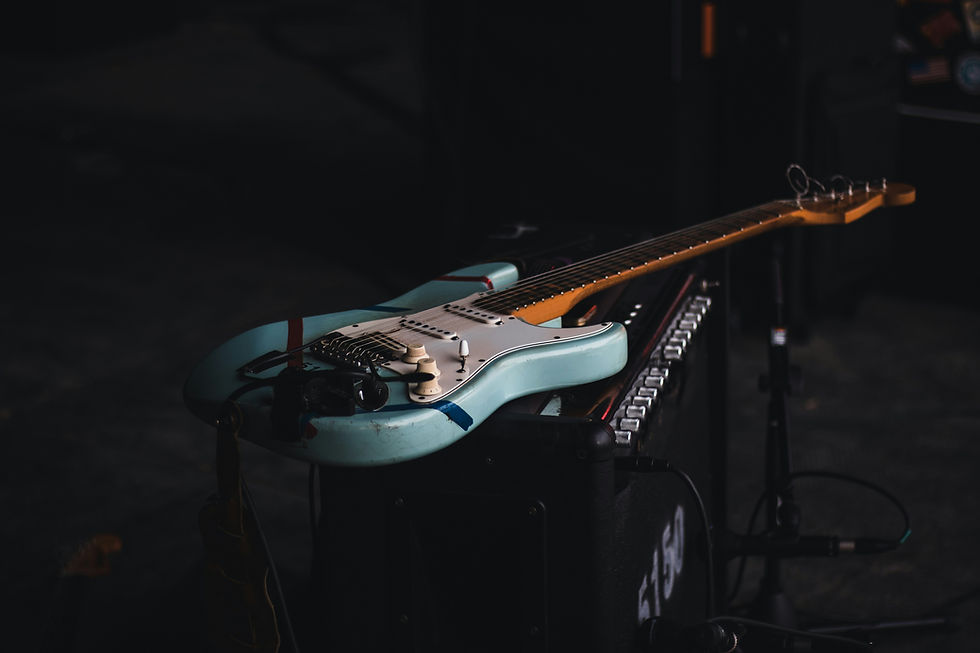A Broader Perspective on Practice
- Michelle Monette

- Apr 2, 2023
- 2 min read

“Any significant change requires significant practice.” - Brad Stulberg
All musicians know how important practicing is to our craft, but for many of us, our understanding of what it actually means to practice is far too narrow. The term may conjure images of sitting alone in a room with a metronome, drilling exercises mindlessly for hours. Understandably, this puts many off from doing the work that is essential for improvement. What we need instead is a broader perspective on practice—one which focuses on the approach and mindset necessary to learn and grow in a meaningful way.
As Brad Stulberg explains in his book The Practice of Groundedness: “Practice means approaching an endeavor deliberately, with care, and with the intention to continually grow. It requires paying close attention to the feedback you receive—both internal and from external sources you trust—and adjusting accordingly.” With this definition, practice becomes less about what we work on, and more about how—in terms of the activity itself, and the way we think about it. Although what we spend our time on is still important, practicing can ultimately be applied to any part of music we want to get better at. What matters is your intention.
To work on something deliberately means we put careful, unhurried thought and attention into what we are doing. We’re not trying to quickly tick off as many exercises on our practice list as possible. Instead, we are selecting a few key areas—ideally those we are weakest in—and persisting with each for as long as required. Our intention here is to push ourselves past our current ability, while seeking feedback—from ourselves or, perhaps more importantly, other musicians with more experience—so we can make adjustments that will help us progress even further.
We also need to pair the correct approach with the right mindset. Remember: our goal is to deepen our skills and understanding over time. As Brad explains: “Once an activity becomes a practice, it shifts from something that you are doing at a point in time to an ongoing process of becoming.” Practicing is not something you do a few times before you can leave it behind. It is a crucial part of the ongoing journey of building and living a musical life. Having this long-game outlook will help you focus more on the process, and less on the outcome of your work. You will feel less like you’re falling behind, and will be more accepting of the ups and downs that accompany being a musician.
This view of practice “lends itself to continual learning, meaningful change, and integration.” It is essential for following a fulfilling path with music—where we can work through challenges, absorb new information, and consistently experience meaningful growth.







Comments